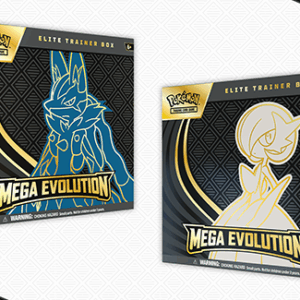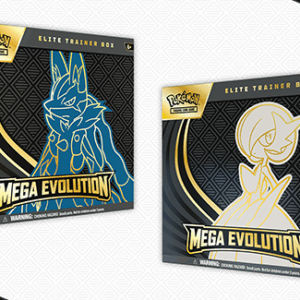To an outsider, the life of a Major League Baseball interpreter may appear to swap words and cultures with a touch of glamour. However, for Ippei Mizuhara, the interpreter of Japanese baseball prodigy Shohei Ohtani, things have taken a scandalous turn. Mizuhara stands accused of turning the trusted position into an opportunity for grand theft, mixing America’s pastime with a high-stakes financial scandal.
The drama began to unfold when federal prosecutors filed a lengthy 37-page complaint, peeling back layer after layer of what could be described as a breathtaking betrayal. They allege that Mizuhara has been pilfering from the pockets of Ohtani, his charge and, inadvertently, his golden goose. Over $16 million is said to have been diverted from Ohtani’s accounts, not for emergency bailouts or noble causes, but to feed Mizuhara’s voracious gambling habits and to amass an impressive collection of baseball cards under the guise of “Jay Min.”
Imagine this: an interpreter siphoned off millions to scoop up about 1,000 baseball cards from digital marketplaces like eBay and Whatnot, each card gouging an average of $325 from Ohtani’s sizable bank account. These collectibles weren’t just any players—they featured stars like Juan Soto, the legendary Yogi Berra, and even cards of Ohtani himself, all stashed in Mizuhara’s car in protective cases. This isn’t your average fan splurge but a fanatical hoarder’s dream, shadowed by significant deceit.
The plot thickened as FBI investigators tracked the deliveries of these treasures, some of which were cleverly addressed to Mizuhara care of the Dodgers facilities, where he roped unwitting employees into his scheme. His gambling escapades are equally jaw-dropping, with 19,000 bets tallied and a staggering net loss of $40.7 million. Notably, his betting spree steered clear of MLB games, a small mercy in this tale of excess.
The trust between Ohtani and Mizuhara was forged out of necessity when Ohtani, fresh from Japan and with limited English, needed a local bank account. Enter Mizuhara, who facilitated this but then allegedly parlayed it into an unsanctioned windfall. Over the years, that trust metamorphosed into a vaulting ambition on Mizuhara’s part, leading him to pose as Ohtani for bank transactions and funnel immense sums to settle gambling debts or line his pockets.
U.S. Attorney Martin Estrada didn’t mince words, decrying the exploitation of trust and highlighting the egregiousness of the fraud. The accusations are not just about money, but about the severing of a bond of trust, crucial in the player-interpreter relationship. Mizuhara’s day in court beckons, where he will face the music, and perhaps more appropriately, the swat of justice’s bat.
As the courts prepare to adjudicate, the scandal serves as a sober reminder of the temptations that lurk in the ample shadows cast by wealth and fame. For Ohtani, this betrayal is a cruel lesson in caution, potentially reshaping his once implicit trust in those within his inner circle.
The Mizuhara melodrama, wrapped in the garb of baseball’s innocence, is a telling narrative of how trust, once the keystone of relationships, can be exploited. As the case unfolds, it will serve not only as a spectacle of personal downfall but as a stark warning about the need for vigilance in the steward of one’s fortune.






